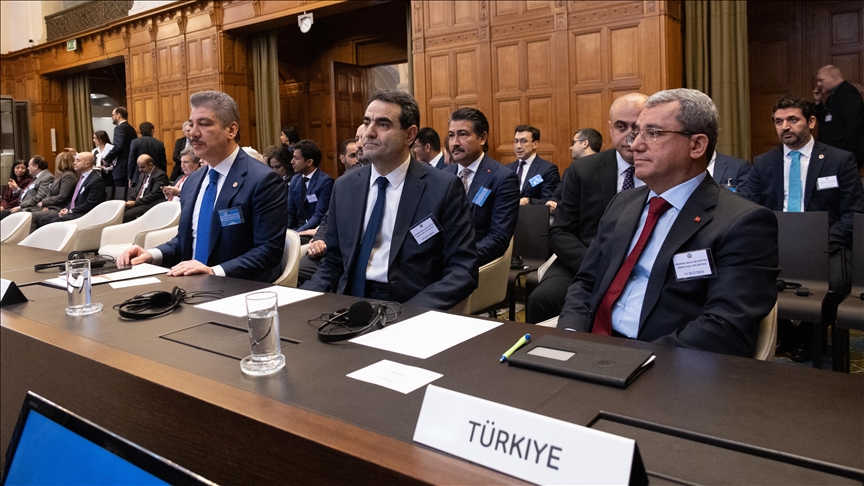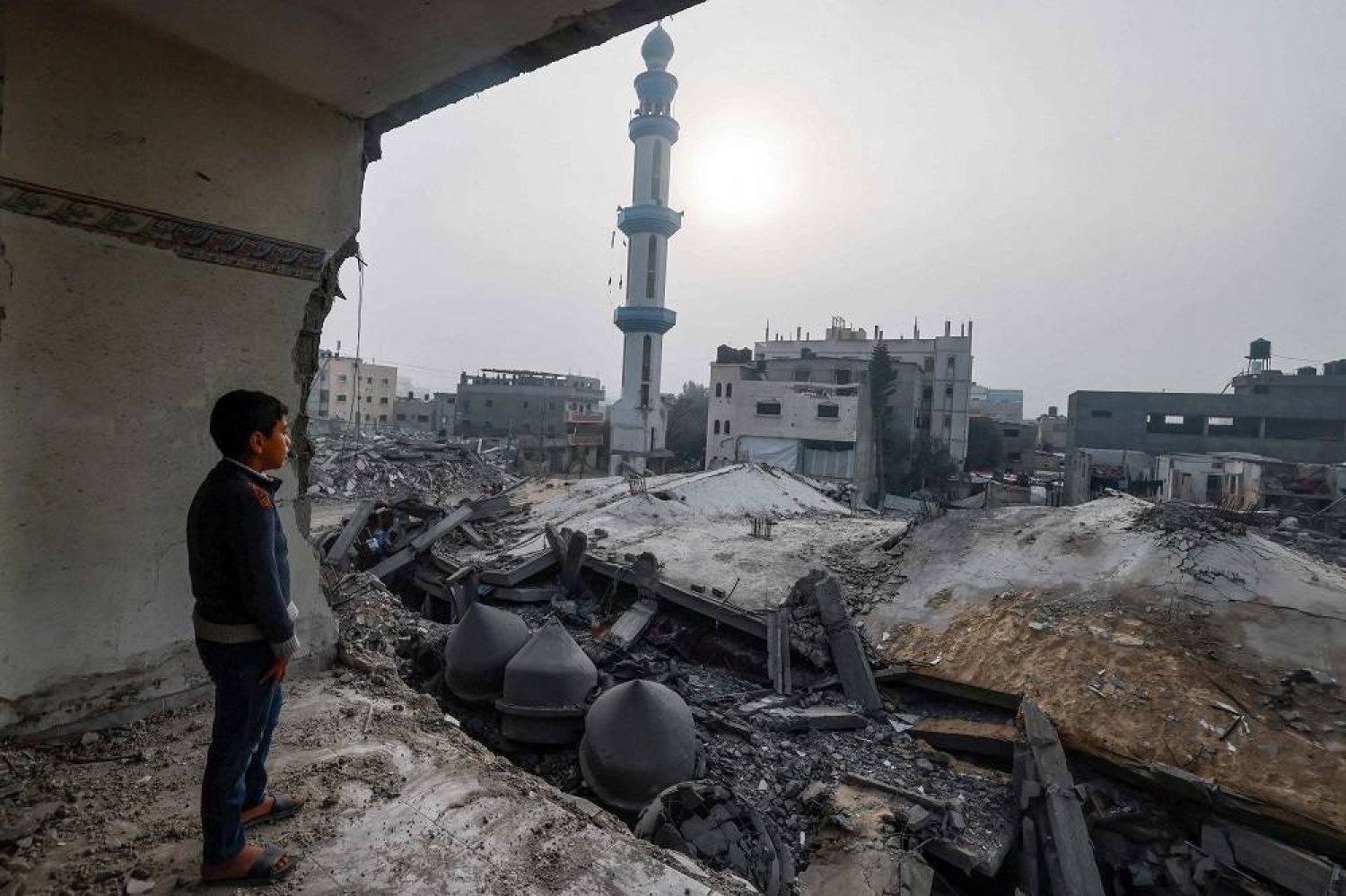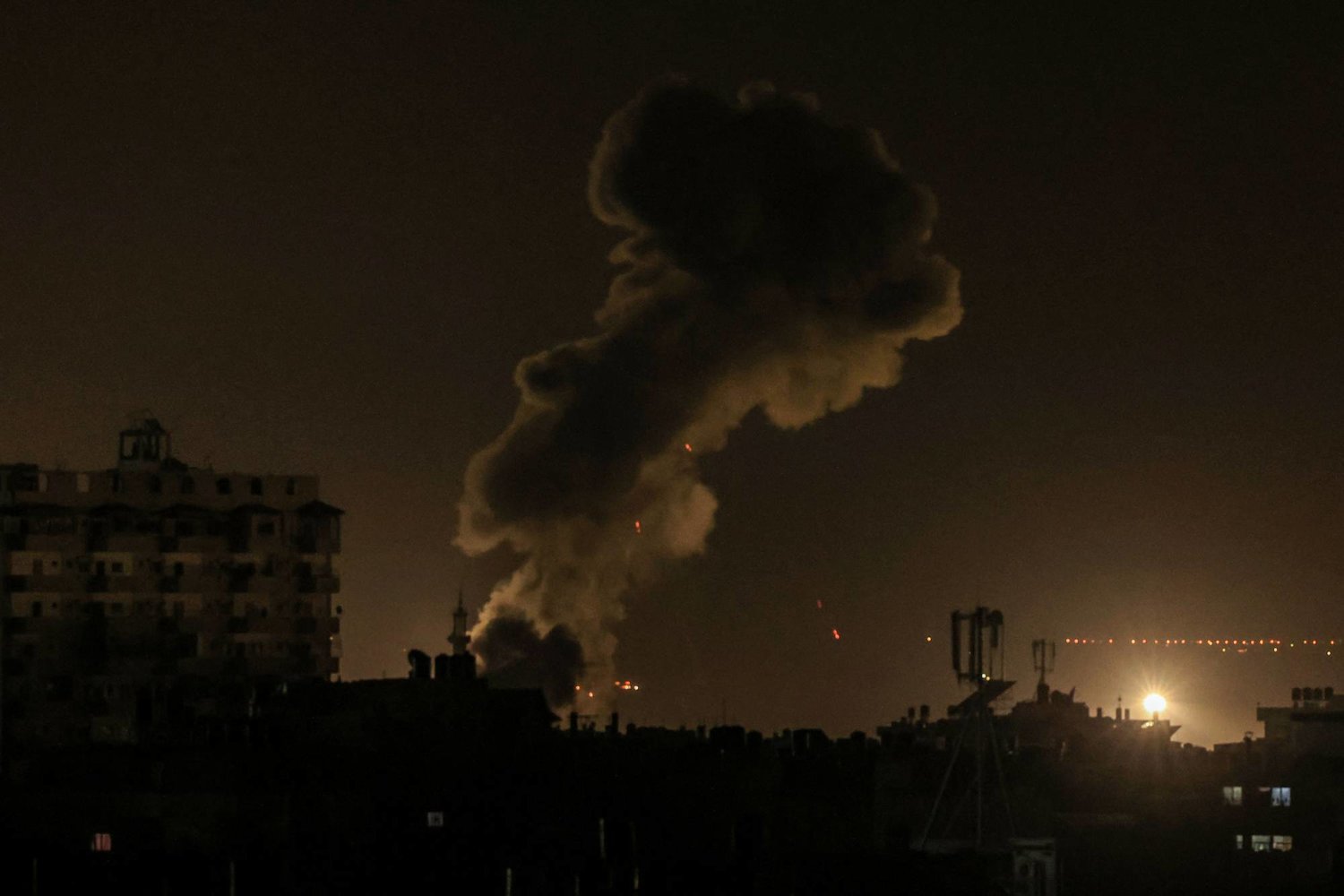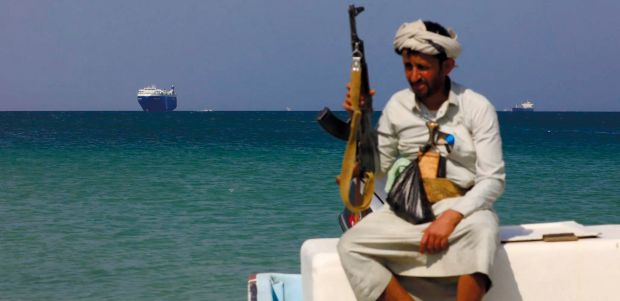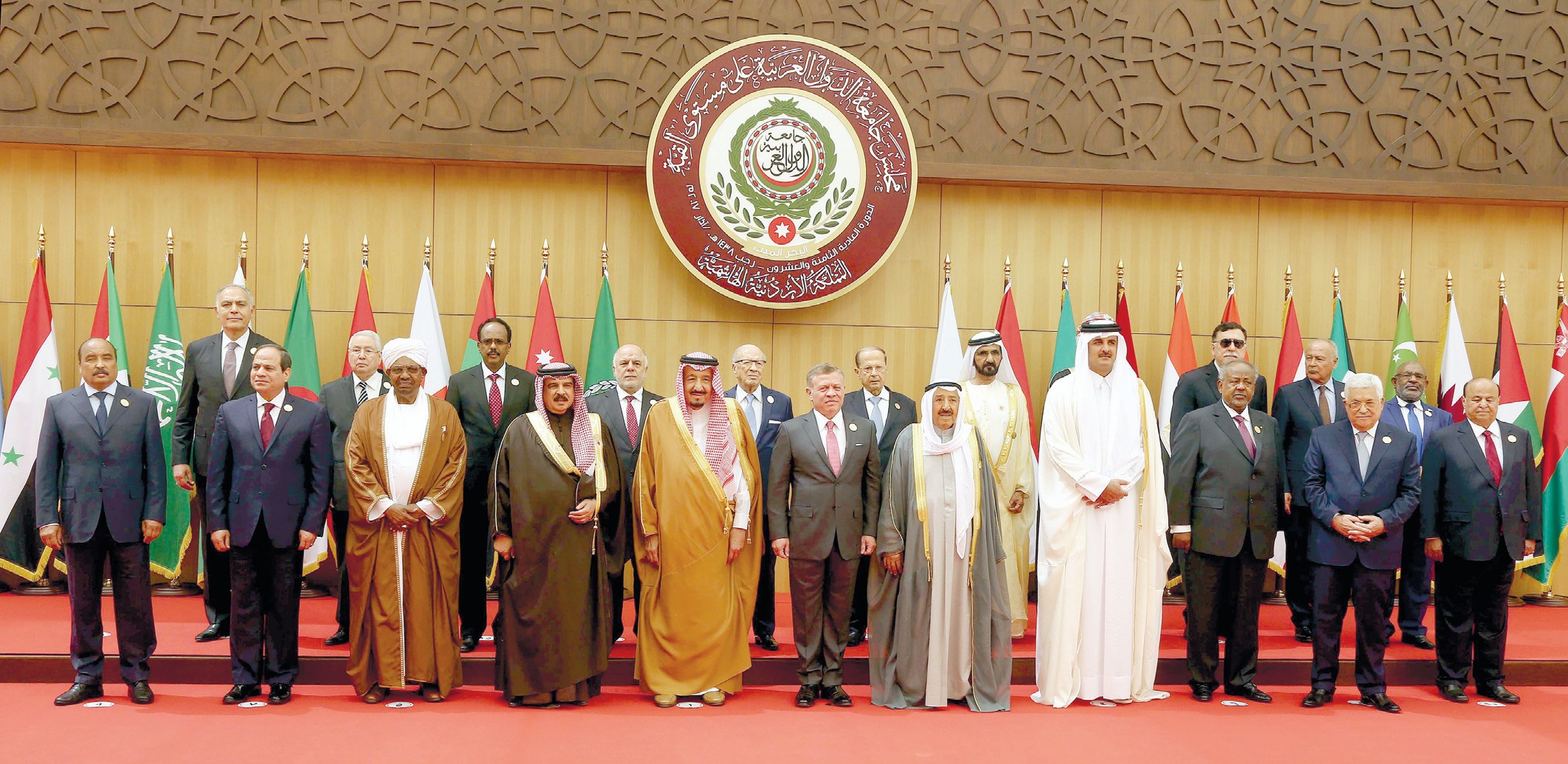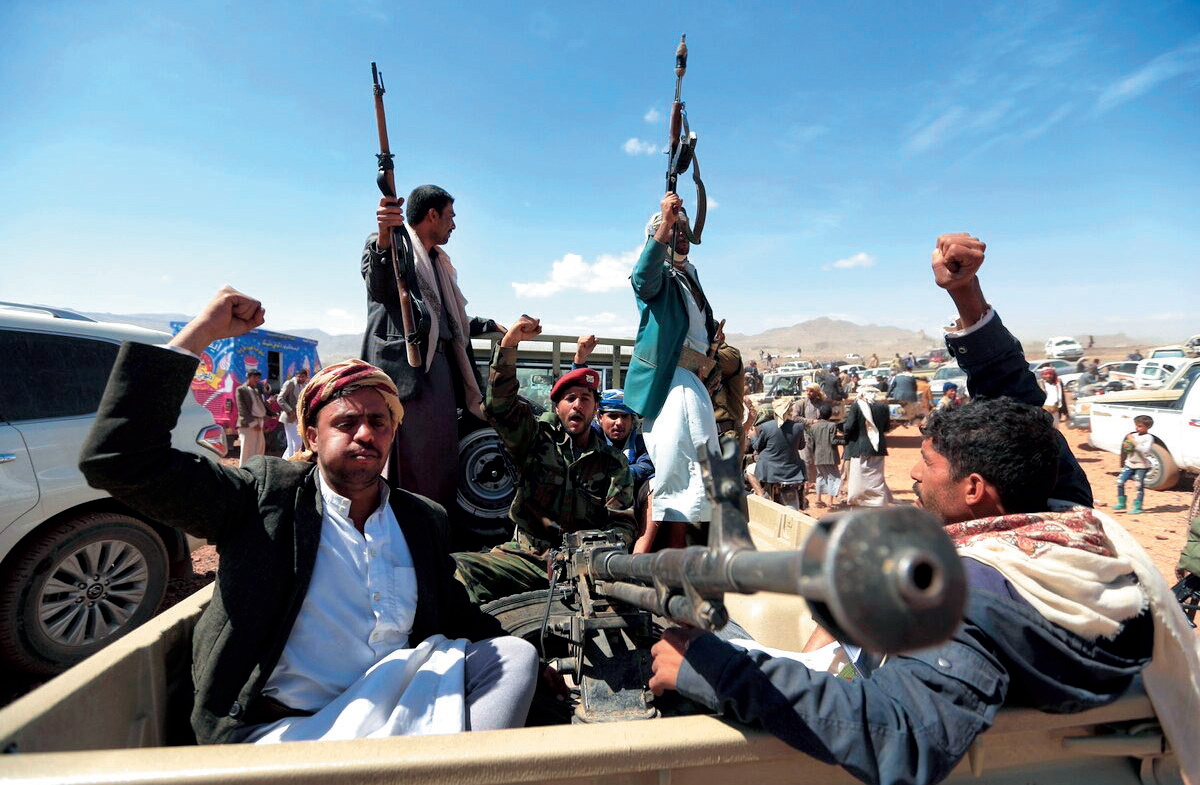
Washington has set up a naval coalition to protect cargo ships from the attacks of Yemeni Houthis in the Red Sea. During a visit to Bahrain hosting the US Army's 5th Fleet, US Defence Secretary Lloyd Austin announced the launch of Operation Guardian of Prosperity.
US Defence Department spokesman Brigadier General Patrick Ryder noted the organisation of joint naval patrols along the Yemeni coast of the Red Sea as the main goal of the operation. However, the statement made it clear that not all coalition members intend to send their ships there. Some countries will send troops to the region or provide support in "other forms."
As soon as Washington announced that the coalition of ten countries (the US, the UK, Bahrain, Canada, France, Italy, the Netherlands, Norway, Seychelles and Spain) would soon be backed by ten more, France, Spain and Italy announced their withdrawal. This was interpreted by analysts as a failure of Washington's attempt.
According to Ryder, those who want to join the coalition, which he called an "alliance of volunteers", can always do so. In response, the Houthi government in Yemen announced mobilisation. Yemen's defence minister urged Arab countries not to join the coalition, warning that their ships would otherwise be attacked.
New masters of the Red Sea: Houthis
It is known that Yemen became involved in socio-political processes in the 1990s. During the same period, the Houthi tribes, predominantly living in and around the town of Sa'ada in northern Yemen and followers of the Shiite movement of Zaydism, established the Ansarullah organisation. In 2010, that is, even before the Arab Spring, the Houthis six times opposed the Yemeni state, then led by Ali Abdullah Saleh, also a Zaydite, but were defeated.
In 2011, the wave of the Arab Spring swept over Yemen. After nearly a year of resistance to the insurgency, Saleh stepped down from power handing it over to his vice president, Abdrabbi Mansour Hadi.
However, the Hadi government failed to ensure national unity in the country, and the post-revolutionary anarchy deepened political divisions. As a result, on September 23, 2014, Ansarullah took advantage of the political forces' inability to reach an agreement and seized Yemen's capital Sana'a. The Houthis soon formed a new national unity government.
Meanwhile, the seizure of power in Yemen by the Houthis, who were backed by Tehran, was met negatively in neighbouring Saudi Arabia, which at the time was experiencing tensions with Iran.
On March 26, 2015, a coalition of ten countries led by Saudi Arabia launched a military operation against the Houthis. However, neither the Yemeni armed forces loyal to Mansour Hadi nor the armed forces of the separatists of South Yemen (supporters of the former People's Democratic Republic of Yemen) were able to defeat them. All these events took place amid widespread famine and disease in the country. After stubborn resistance to the coalition forces, peace talks were resumed with the participation of Saudi Arabia, which were marked by the signing of a ceasefire agreement. The softening of relations between Tehran and Riyadh undoubtedly also played an important role in this.
After the eight years of hard warfare, the Houthis have gained serious military experience. While they suffered from a severe shortage of weapons at the beginning of the war, they have since acquired missiles and drones capable of hitting strategic sites in the UAE and Aramco oil terminals in Saudi Arabia.
The Houthis damage the fleet of world's transport giants
In late October, when the Houthis first announced their intention to retaliate against Israel after bombing the Gaza Strip, the world did not take it seriously. But soon they did indeed strike Israeli ports on the Red Sea with missiles and drones. It is true that most of them were shot down by US and allied ships in the Red Sea, and by air defence systems in Jordan. But according to leaked information, a few missiles and drones did reach Israeli territory.
On November 21, the Houthis unexpectedly seized a container ship in the Red Sea that was allegedly on its way from Japan to Israel. December 3 was the first time they fired missiles at vessels passing along the coast of Yemen that they claimed were carrying cargo to Israel. This demonstrated the ability of the Houthis to attack ships from the coast and became such a serious threat that transport companies refused to carry cargo through the Red Sea.
Apparently, even the naval coalition established by the US could not persuade the management of these companies to abandon their decision.
Experts believe that the Houthis will cause significant damage to the Western economy, including lost time and fuel. While a cargo ship travelling from China or Taiwan to Europe through the Red Sea takes an average of 25 days to reach the continent in 18,500 kilometres, now it has to travel 25,000 kilometres and spend 34 days round the southern coast of Africa. The difference in lost time is obvious.
It is difficult to say to what extent the opening of a second front and the subsequent US missile and air strikes against the Houthis will make the Red Sea safer. But it is clear that the Yemeni rebels will become a serious headache for Western countries and Israel in particular.
Why didn't the Arabs join the anti-Houthi coalition?
Interestingly, Bahrain has so far been the only Arab country that joined the US-led Guardian of Prosperity coalition. Although some media outlets claimed the expected membership of other Arab countries in the coalition following the statements by US officials, they have yet to be confirmed. The question of Saudi Arabia and the UAE, which have been fighting the Houthis for the past eight years, not joining the coalition remains open. According to Mohammad Izzeddin, head of the regional and Arab department at the Al-Ahram Centre for Political and Strategic Studies, the main reason why Arab countries are reluctant to join the anti-Houthi coalition is that it has no clear goals. It is still not clear whether the coalition is intended to ensure the safety of maritime transportation in the Red Sea, to protect the vessels of Western countries and US allies, or to prevent a new war that could take place in the region.
According to experts, the anti-Houthi coalition is more concerned about the defence of Israel, as well as the threat of a new regional war and possible attacks than the safety of navigation in the Red Sea.
Another reason is possible condemnation from the Arab society. After all, the Houthis point to Israel as their main target, saying they will attack Israeli ships because of the unjust war in the Gaza Strip. Therefore, any Arab state joining the coalition against the Houthis, especially Saudi Arabia, which claims to be the leader of the Arab world, can seriously damage its reputation. Plus, such a move could damage the recently started dialogue between the Saudis and the Houthis.
Egypt is also wary of joining the coalition due to the latter's overriding interest to protect Israel's interests only. After all the Egyptian economy is heavily dependent on transport through the Red Sea. Cairo believes that joining the coalition at this time could damage its reputation.
It turns out that to make the coalition legit in the current situation is possible by linking the anti-Houthi coalition with Iran and contrasting it with Tehran. In other words, it is necessary to create the appearance that the tension in the Red Sea is not related to Israel, but is another provocation of Iran in the region. But it is very difficult to do this under present conditions.
Officially, Tehran does not recognise any ties with the Houthis. But it does not hide its support for the Yemeni rebels either. However, it is also risky to see the rationale for the creation and goals of the coalition through Iran, as it is unclear how neighbouring countries will react to it. For example, although the Israeli government has not officially joined the Guardian of Prosperity coalition, in December 2023 Tel-Aviv thanked its members for their support in the war against the "terrorist axis of Iran." According to Jordanian political scientist Mohsen al-Shabaki, this frightens the Arab countries of the region.
Can Americans prosper in the Red Sea?
According to official statements from Washington, DC, the Guardian of Prosperity coalition will be mainly patrolling in the Red Sea to protect ships from the Houthi attacks. But the Houthi armed groups not only attack and hijack ships, but also shoot them with anti-ship missiles from the shore. It is clear that in such a situation the coalition will have to bomb the coastal areas, i.e., the military infrastructure of the Houthis in order to stop such attacks. But this is fraught with consequences. Like the expansion of the military conflict zone. Moreover, the bombing of Yemen by the US Army will actually mean the spread of military action across the entire geography, and the opening of a second front. At least, this is how the Arab community of the region will interpret the move. The question then arises as to whether such a situation is in Washington's regional interests, given that the US wants to end the war in the Gaza Strip. A new hotbed of war would further bury the already fragile hopes for peace in the Middle East.

